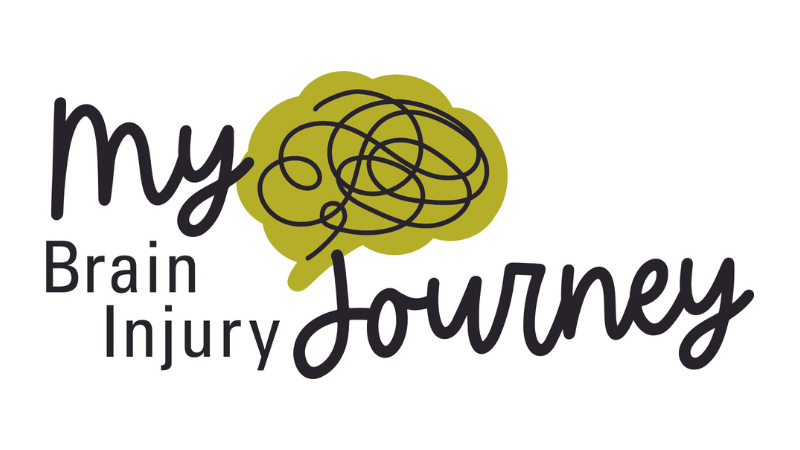March marks Brain Injury Awareness Month, a time dedicated to raising awareness about the challenges faced by individuals living with traumatic brain injury (TBI).
The theme for 2024 is “My Brain Injury Journey”
This encourages survivors and the people who love or care for them to share their unique experience of living with a brain injury.

Social Workers play a crucial role in supporting individuals with traumatic brain injury (TBI) throughout their recovery process. Here are some key aspects of their role:
Psychosocial Assessment: Social Workers conduct comprehensive psychosocial assessments to understand the unique needs and challenges faced by TBI patients. This assessment helps in developing personalised care plans tailored to the individual’s circumstances.
Emotional Support and Counselling: Living with TBI can be emotionally taxing for both patients and their families. Social Workers provide a safe space for individuals to express their feelings, offer emotional support, and provide counselling to cope with the psychological impact of the injury.
Education on the Injury: Understanding TBI is essential for both patients and their support networks. Social Workers educate patients and families about the nature of the injury, its effects, and strategies for managing symptoms and challenges.
Employer Liaison: Returning to work after a TBI can be challenging. Social Workers act as liaisons between patients and their employers, advocating for reasonable accommodations and facilitating a smooth transition back to the workplace.
Discharge Planning: Social Workers assist in planning for discharge from medical facilities, ensuring that patients have access to necessary support services, rehabilitation programs, and community resources to continue their recovery journey effectively.
Family Support and Education: TBI not only affects the individual but also has a significant impact on their families. Social Workers provide education, guidance, and support to family members, helping them navigate the challenges of caring for a loved one with TBI.
Referral to Community Resources: Social Workers connect TBI patients with a wide range of community resources and support services, including rehabilitation programs, support groups, vocational training, and financial assistance programs.
Follow-up Post-Discharge: The journey of recovery doesn’t end at discharge. Social Workers continue to provide support and follow-up care to ensure that patients are adjusting well to life post-injury and have access to ongoing resources as needed.
In essence, Social Workers play a vital role in enhancing the well-being and quality of life of individuals with TBI. Through their advocacy, support, and guidance, they empower patients and their families to navigate the challenges of living with TBI with resilience and dignity.
As we observe Brain Injury Awareness Month, let us recognize and appreciate the invaluable contributions of Social Workers in the lives of TBI patients and their families.

Follow us!
Facebook: Dube & Pottas Inc
Instagram: @dubepottas

